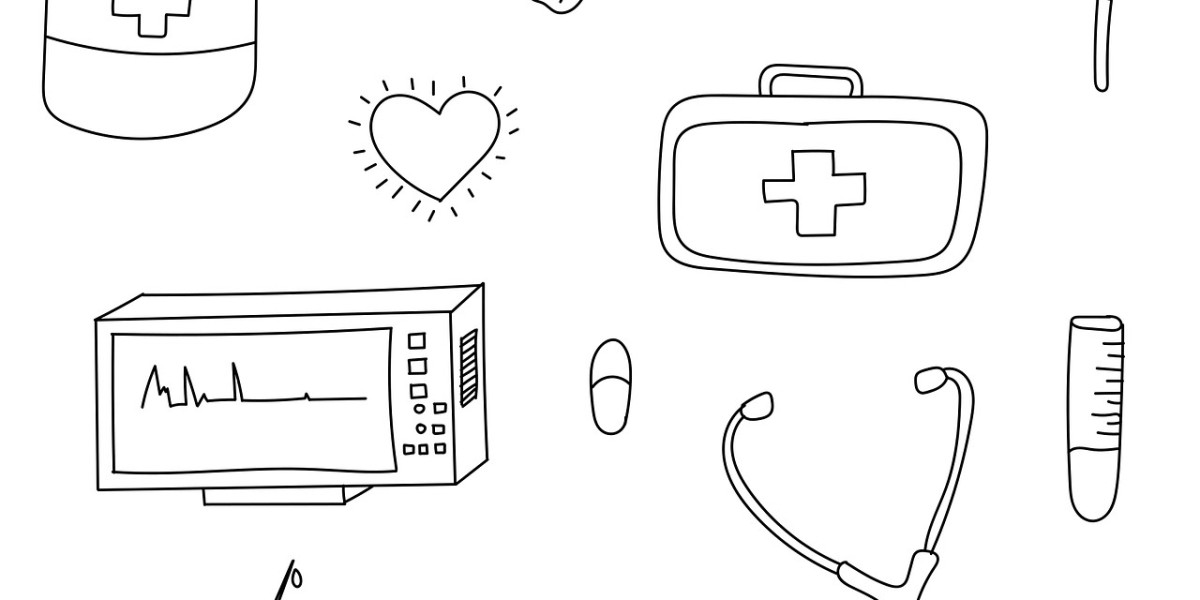Introduction
In today’s rapidly advancing world, medical equipment plays a vital role in diagnosing, treating, and monitoring patients. From cutting-edge technological innovations to time-tested devices, medical equipment ensures the delivery of quality healthcare services. This blog aims to provide an insightful overview of various medical equipment, their significance, and their transformative impact on the field of medicine. Let’s embark on a journey through this remarkable realm of medical technology.
Diagnostic Equipment
Accurate diagnosis forms the foundation of effective medical treatment. Diagnostic equipment enables healthcare professionals to identify diseases, assess patients’ conditions, and make informed decisions. Sophisticated imaging technologies like X-ray, computed tomography (CT), magnetic resonance imaging (MRI), and ultrasound have revolutionized diagnostics by providing detailed insights into internal body structures. These non-invasive tools help detect abnormalities, guide surgeries, and monitor treatment progress.
Surgical Equipment
Surgical procedures have become safer and more precise with the advent of advanced surgical equipment. Robotic-assisted surgical systems offer enhanced dexterity and precision to surgeons, resulting in reduced invasiveness, faster recovery, and improved patient outcomes. Surgical lasers, electrosurgical devices, and minimally invasive instruments are other examples of equipment that have transformed surgical practices.
Patient Monitoring Devices
Patient monitoring devices are indispensable in healthcare settings, enabling healthcare professionals to track vital signs, detect abnormalities, and ensure patient safety. Devices such as electrocardiograms (ECGs), pulse oximeters, blood pressure monitors, and respiratory monitors continuously assess patients’ physiological parameters. Technological advancements have led to the development of wearable devices that allow patients to monitor their health at home, enhancing early detection and proactive management of health conditions.
Life Support Equipment
Critical care units rely on life support equipment to sustain patients with severe medical conditions. Ventilators assist patients in breathing when their respiratory function is compromised. Extracorporeal membrane oxygenation (ECMO) machines provide temporary life support for heart or lung failure patients. These life-saving devices are essential in managing critical illnesses and improving patient survival rates.
Rehabilitation Equipment
Rehabilitation plays a crucial role in restoring patients’ physical and functional abilities. Rehabilitation equipment, such as mobility aids, prosthetics, orthotics, and assistive devices, assist individuals in regaining independence and improving their quality of life. Advanced robotic exoskeletons and virtual reality-based rehabilitation systems are increasingly being used to enhance the effectiveness of therapy and accelerate recovery.
Laboratory Equipment
Laboratory equipment is essential for accurate diagnostic testing, research, and development of new treatments. Automated analyzers, centrifuges, microscopes, and DNA sequencers aid in the analysis of samples, identifying pathogens, and monitoring disease progression. These tools are vital for conducting research and developing innovative therapies and drugs.
Need a new piece of medical equipment? Get the latest high-end technology & Wide Range of necessary medical equipment. from the best manufacturers at affordable prices.
Conclusion
The field of medical equipment continues to witness remarkable advancements, revolutionizing healthcare delivery across the globe. From accurate diagnostics to precise surgical interventions, patient monitoring, life support, rehabilitation, and laboratory analysis, medical equipment forms the backbone of modern medicine. As technology continues to evolve, we can anticipate further innovations in medical equipment that will shape the future of healthcare, offering improved patient care, better treatment outcomes, and a healthier society.
Remember, the efficient and responsible use of medical equipment depends not only on its availability but also on the expertise and skills of healthcare professionals. Let us appreciate and support the tireless efforts of medical teams worldwide who work tirelessly to leverage these tools for the betterment of humanity.



